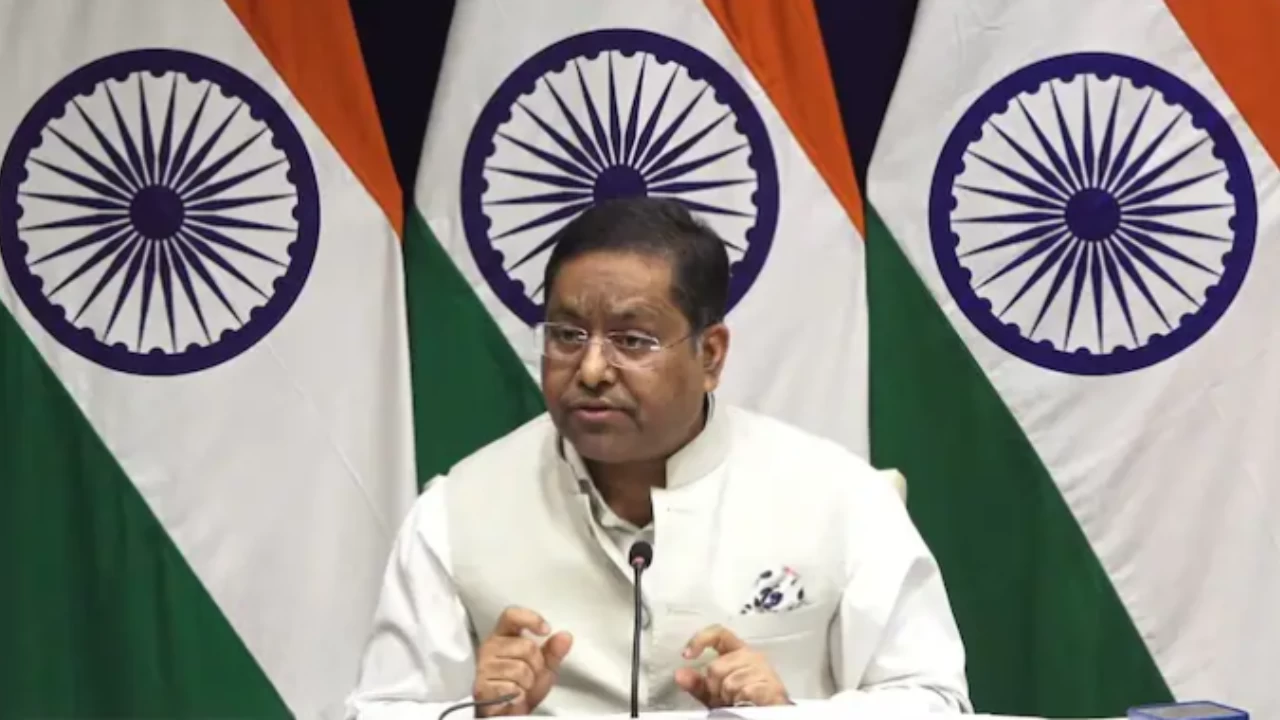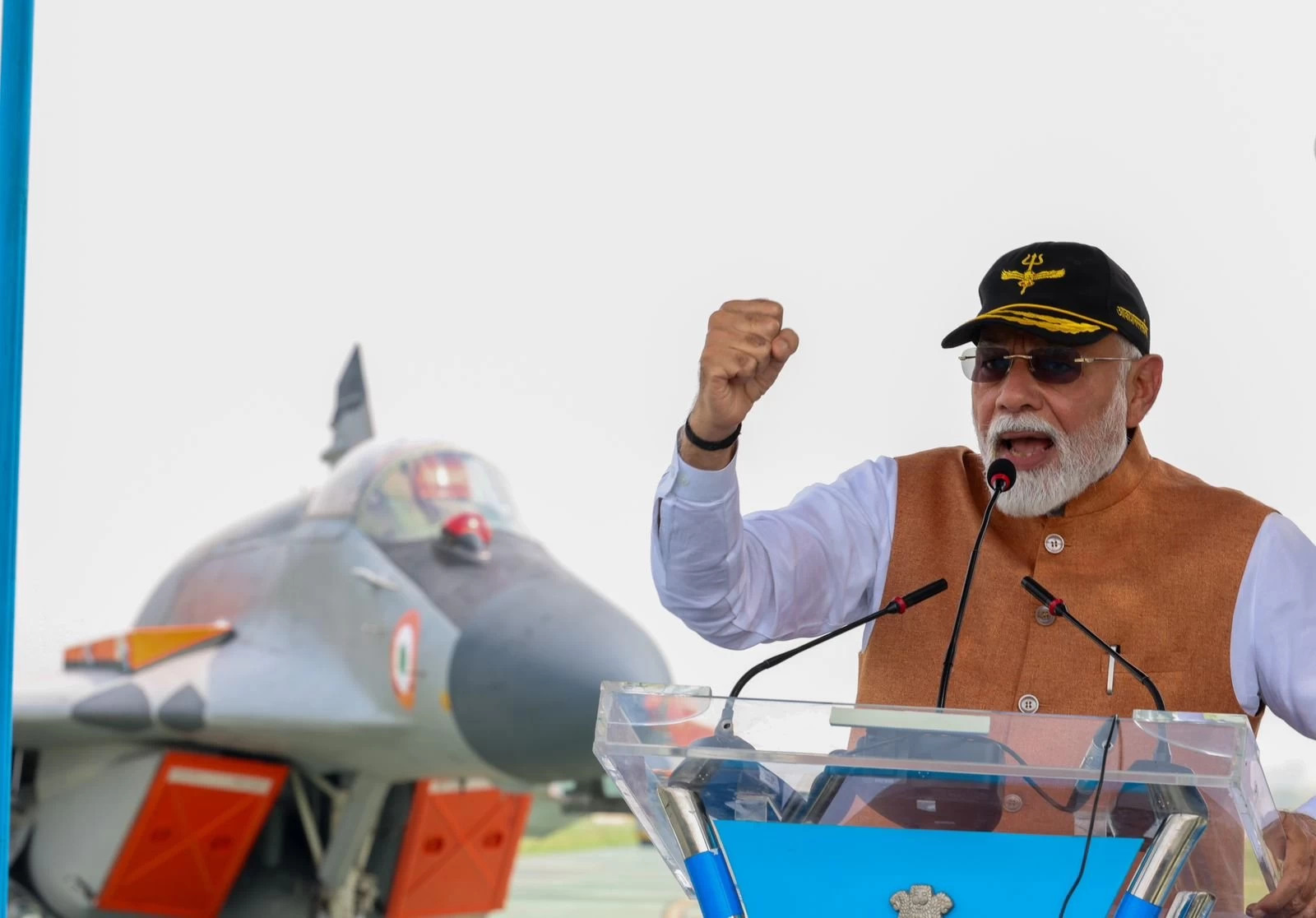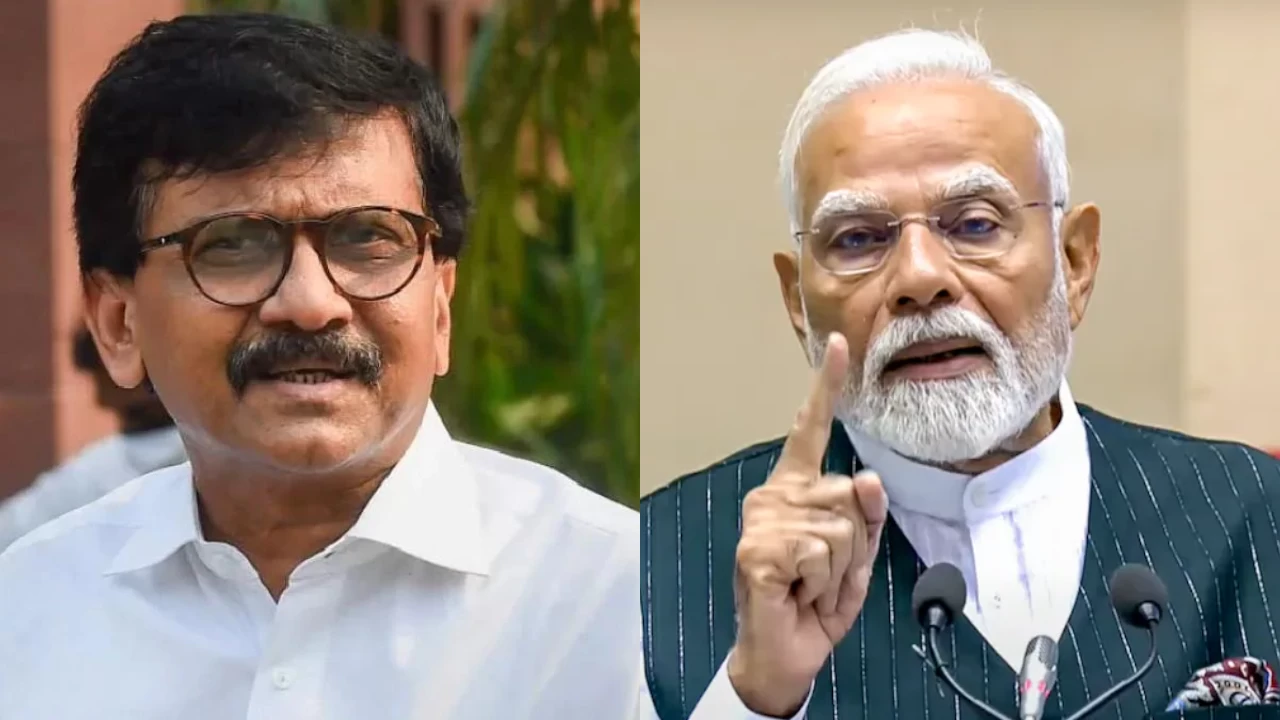Latest Updates
“India has a firm stand…”: MEA Clarifies on Pakistan’s Kirana Hills Nuclear Facility; Affirms Operation Sindoor Stayed Within Conventional Limits

The Ministry of External Affairs (MEA) on Tuesday addressed media queries surrounding speculation about Pakistan’s nuclear facility in Kirana Hills, particularly in the context of India’s recent military strikes under Operation Sindoor.
Responding to questions during a press briefing, MEA spokesperson Randhir Jaiswal stated that it was up to Pakistan to respond to claims about its nuclear infrastructure. “Talk of Egyptian or American aircraft — those are questions for them (Pakistan) to answer, not for us,” Jaiswal said. “Our position was made very clear during the defence briefing. As for your question, the Pakistani minister has already made some remarks on that.”
Jaiswal clarified that India’s military action remained entirely within the conventional domain. “There were some reports suggesting that Pakistan's National Command Authority would convene, but those were later denied. In fact, Pakistan’s government representatives have officially denied this on record,” he noted.
Reaffirming India’s long-standing strategic position, Jaiswal said, “India has a firm stand that it will not give in to nuclear blackmail or allow cross-border terrorism to be conducted. In conversations with various countries, we’ve also cautioned that subscribing to such scenarios would hurt them in their own region.”
Further commenting on Pakistan’s internal narrative, Jaiswal responded to remarks by Pakistani Foreign Minister Ishaq Dar during an interview with foreign media. He said that key terror hubs in Bahawalpur, Muridke, Muzaffarabad, and other locations were destroyed by Indian forces during Operation Sindoor.
“In the last week, as a result of Operation Sindoor, Pakistan has seen its terrorism centres in Bahawalpur, Muridke, Muzaffarabad, and other places destroyed,” Jaiswal stated. “Thereafter, its military capabilities were significantly degraded by us and key airbases effectively put out of action.”
He added that if Pakistan’s foreign minister chose to present these events as a success for his country, it was his prerogative. “If the Pakistani FM wishes to project these as achievements, he is welcome to do so. Where India is concerned, our stand was clear and consistent from the start. We would target terrorist infrastructure operating out of Pakistan. If the Pakistani military stayed out, there would be no problem. If they fired on us, we would respond suitably.”
Jaiswal pointed out that while India’s position remained unchanged, Pakistan’s stance shifted following India’s counter-strike. “Till the night of 9th May, Pakistan was threatening India with a massive assault. Once their attempt failed on 10th May morning and they received a devastating Indian counter-response, their tune changed and their DGMO eventually reached out to us.”
He emphasised that the sequence of events made clear which side initiated dialogue for de-escalation. “In essence, India's position remained the same; Pakistan's position changed on 10th May morning after its airbases were effectively put out of action. All you have to do is to look at who called who to negotiate the terms of the cessation of firing.”
Encouraging journalists to examine satellite imagery, Jaiswal added, “You all know that satellite pictures are available commercially. I urge you to look at the sites which Pakistan claims to have attacked in India. Contrast it with these sites and places which we successfully targeted and destroyed. That will give you a clear answer. Claiming victory is an old habit.”




.webp)



